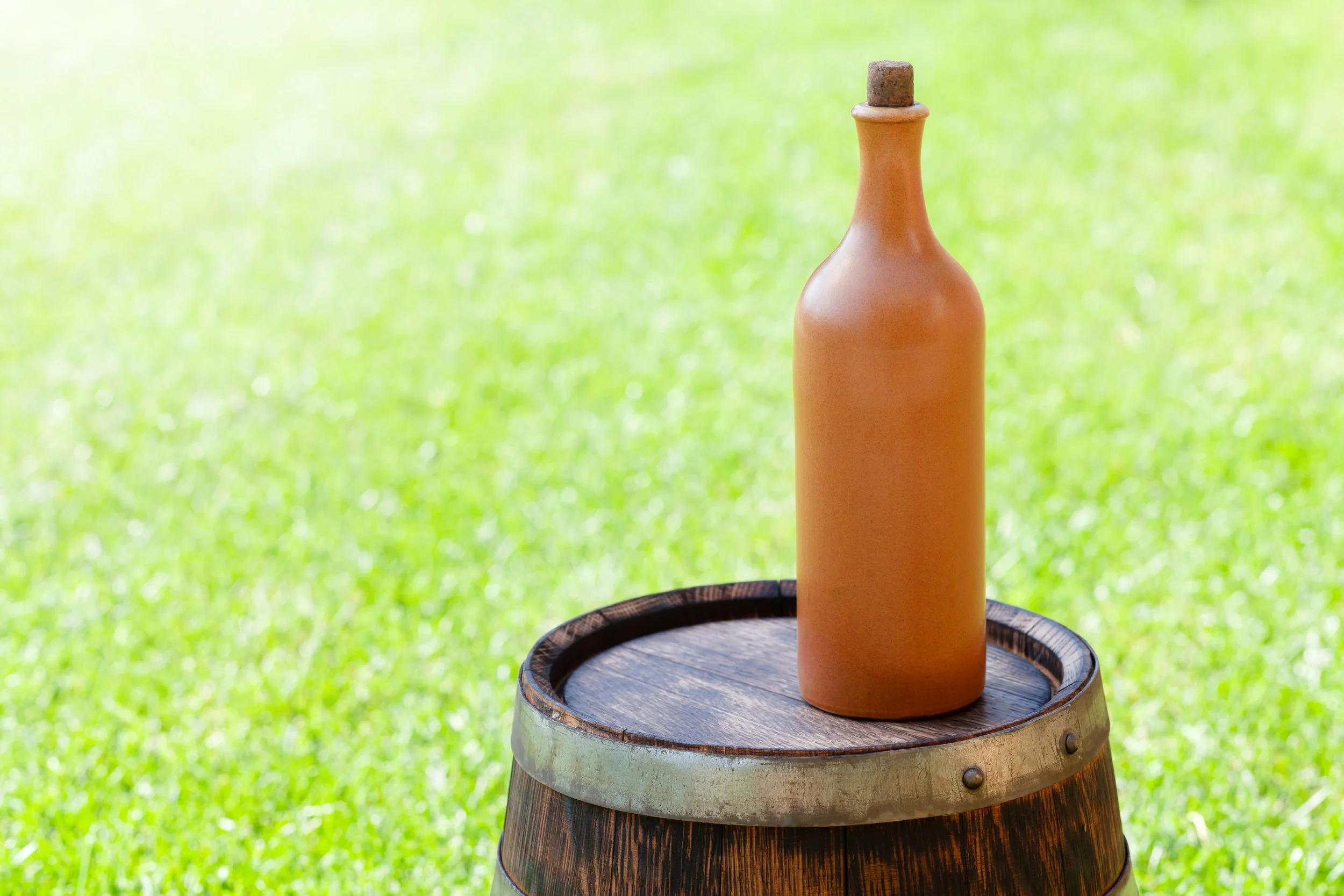The Dark Side of Biological Wines: What You Need to Know
Biological wines, also known as natural or organic wines, have been gaining popularity in recent years. These wines are produced using grapes that have been grown without synthetic pesticides and fertilizers, and the winemaking process involves minimal intervention, such as the use of additives and filtration. While the concept of natural winemaking may sound appealing, it is important to be critical of the claims made by producers and to understand the potential drawbacks of these wines. In this blog post, we will explore the reasons why you should be critical of so-called biological wines.
Lack of Regulation
One of the main issues with biological wines is the lack of regulation surrounding the term. In many countries, there is no official certification or standard for natural or organic wines, meaning that producers can make these claims without any real oversight. This lack of regulation can make it difficult for consumers to know exactly what they are getting when they purchase a bottle of natural wine.
Variability in Quality
Because there is no standard for natural or organic wines, the quality of these wines can vary widely. Some producers may be highly skilled at natural winemaking, using traditional methods to produce high-quality wines that are true to their terroir. However, others may lack the necessary skills or experience to produce consistent, high-quality wines. This means that consumers may have to do some research and experimentation to find natural wines that meet their standards.
Potential for Flaws
Natural winemaking methods, such as spontaneous fermentation and minimal filtration, can create unique flavors and aromas in wine. However, these methods can also lead to flaws in the wine, such as off flavors, cloudiness, and inconsistency. While some natural wine enthusiasts may appreciate these flaws as part of the wine’s character, others may find them off-putting.
Misleading Marketing Claims
Because the term “natural wine” is not regulated, some producers may use the label to make misleading marketing claims. For example, a wine labeled as “natural” may actually contain a number of additives or be made using industrial farming methods. This can be frustrating for consumers who are trying to make informed choices about the wine they purchase.
Environmental Impact
While natural winemaking may be better for the environment in some ways, such as reducing the use of synthetic pesticides and fertilizers, it is not always a sustainable option. Producing high-quality natural wines requires a great deal of skill and knowledge, as well as careful attention to the vineyard’s ecosystem. This can be challenging for small-scale producers who may lack the resources to make a real impact on the environment.
Final Thoughts
While the concept of natural winemaking may sound appealing, it is important to be critical of the claims made by producers and to understand the potential drawbacks of these wines. Consumers should do their research and look for wines from reputable producers who are transparent about their winemaking methods. By being informed and critical, wine enthusiasts can enjoy the unique flavors and aromas of natural wines without falling prey to misleading marketing claims or flawed winemaking techniques.

